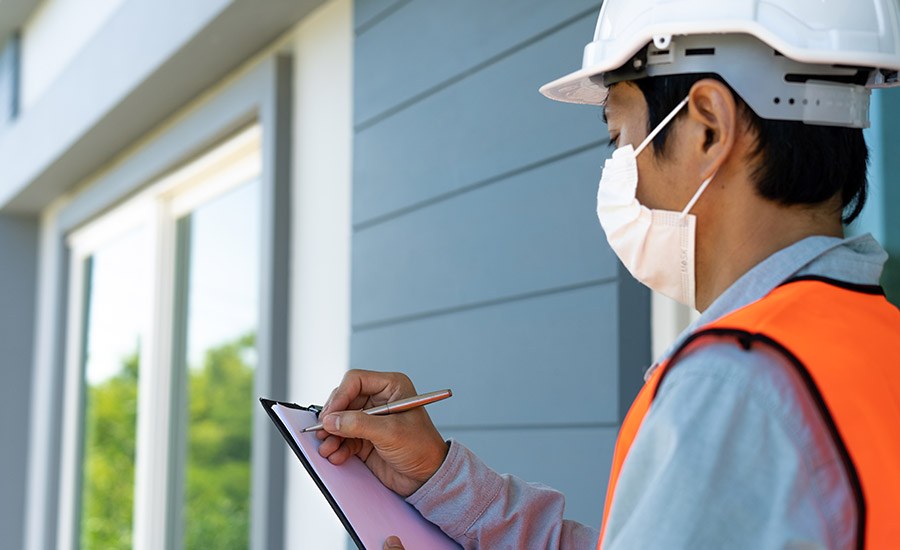What are some ways to determine the condition of a property before purchasing it? [Updated on: March 2024]

When venturing into the real estate market in India, understanding the condition of a property before purchasing is crucial. Due to the diversity of housing options and the varying states of maintenance, employing a comprehensive strategy to assess a property can save investors from potential pitfalls. Here's how you can effectively evaluate the condition of a property in India:
Hire an Inspector
Engaging a professional home inspector is a widely accepted practice in India's urban centers like Delhi, Mumbai, Bengaluru, and Gurgaon. These professionals scrutinize the property from foundation to roof, including mechanical systems and built-in appliances, producing a detailed report on their findings. Such reports are invaluable, especially in markets where properties can range from brand-new developments to decades-old constructions.
Do a Pre-Offer Inspection
Before making an offer, consider a limited inspection to identify major defects or red flags. This step is gaining popularity, particularly in competitive markets where buyers seek to understand potential deal-breakers before entering negotiations.
Visual Inspection for Signs of Damage
Personal inspection plays a critical role in the Indian context. Look for signs of structural damage, water leaks, cracks in walls, mold, and signs of infestation. Checking under sinks and behind appliances for water damage is a practice that can reveal issues that might not be disclosed upfront.
Check Utility Bills
In India, erratic utility bills can be a sign of deeper issues within a property. Requesting copies of recent bills can shed light on the efficiency of the HVAC system, plumbing issues, or other electrical inefficiencies that may not be immediately apparent.
Review Disclosure Forms
While the practice of seller disclosures is becoming more common in India, especially in structured transactions involving newer developments, it's crucial to review these forms carefully. They can offer insights into the property's history of repairs, pest problems, or any legal disputes.
Talk to Neighbors
Neighbors can be a wealth of information regarding the property's history, the area's development, and even details on past renovations or recurring problems. This practice is particularly useful in residential areas of cities and towns across India, where community ties can be strong.
Test Systems
Taking the time to personally test the property's electrical outlets, plumbing, appliances, and HVAC systems can offer immediate feedback on their condition. Listening for unusual noises or detecting strange smells from systems can indicate the need for repairs or maintenance.
Ask Relevant Questions
Directly questioning the seller about the age of critical components, any known issues, or the history of repairs can provide insights that might not be disclosed otherwise. This approach is crucial in a market like India's, where transparency can vary greatly from one transaction to another.
Utilizing these strategies together provides a comprehensive understanding of a property's condition in India. While a professional inspector's report is invaluable for its depth and impartiality, combining it with your own observations and inquiries can ensure you make an informed decision about your investment.
Interested in buying a property?
Leave your details – we’ll call within 5 minutes.
Comments
No comments yet. Be the first!